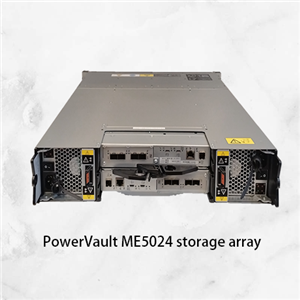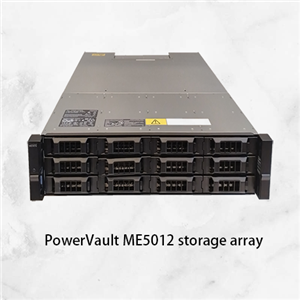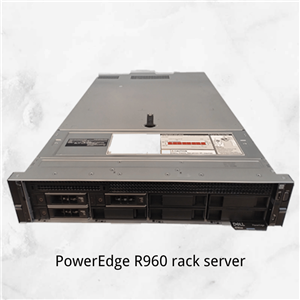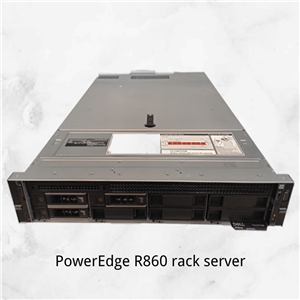best Dell tower server
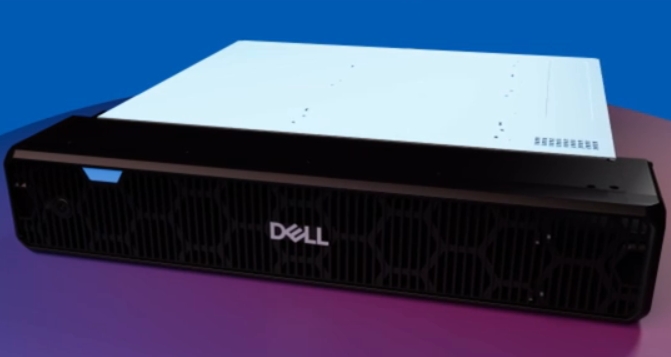
Dell tower servers are practical devices designed for small and medium-sized enterprises. From basic single-interface to dual-port configurations, they can handle both daily office work and complex tasks. They are quiet and non-intrusive during operation, with flexible storage space expansion and memory support up to 64G, and are equipped with an affordable solution that costs only half of the cloud in three years.
Common server classifications:
1) Tower Server
Features: Similar in appearance to a desktop computer, placed vertically, highly expandable, supports multiple hard disks and redundant power supplies, and has low noise.
Applicable scenarios: lightweight applications such as small and medium-sized enterprises, home offices, and educational laboratories, such as file storage, printing services, and virtualization testing.
2) Rack Server
Features: Standardized rack design (such as 1U/2U/4U), high-density deployment, suitable for unified management of computer rooms, and supports hot swapping.
Applicable scenarios: Data centers, cloud computing, virtualization, large-scale storage, and other high-performance demand scenarios.
3) Blade Server
Features: Multiple blades (single-board servers) are integrated into the chassis, sharing power, network, and storage resources, and are highly integrated.
Applicable scenarios: high-density computing, financial transactions, scientific simulations, and other scenarios that require rapid expansion.
Next, let's focus on Dell Tower Servers. With its unique design concept and hardware configuration, Dell Tower Servers have shown significant advantages in multiple application scenarios.
What are the core performance parameters of Dell Tower Servers? How to meet enterprise-level computing needs?
Dell Tower Servers are known for high-performance computing and flexible expansion. Its core performance parameters include:
1) Processor:
Dell Tower Servers are equipped with dual CPU expansion capabilities and can install two Xeon processors (such as the E5-2600 series). A single CPU supports up to 32 working units, with intelligent acceleration technology, the basic operating frequency is 2.1GHz, and it automatically increases to 3.8GHz when processing complex tasks. Multiple CPUs work together, as efficient as multiple brains collaborating, especially suitable for scenarios such as video rendering and data analysis that require processing massive tasks at the same time.
2) Memory:
DDR4 ECC memory is standard, supporting up to 1.5TB (e.g. T7920 supports 16 DDR5 slots), suitable for scenarios with high memory requirements such as databases and virtualization.
3) Storage:
Supports 8-24 3.5-inch or 24 2.5-inch hot-swappable hard drives, optional NVMe SSD or HDD hybrid configuration, with a maximum storage capacity of 184TB (e.g. T550 supports 7.68TB SSD×24 blocks).
4) Network:
Integrated dual Gigabit/10 Gigabit network cards, supports iDRAC 9 remote management, and realizes out-of-band monitoring and fault warning.
Application scenarios:
Virtualization: A single server can run 20+ virtual machines (e.g. VMware ESXi), suitable for private cloud deployment of small and medium-sized enterprises.
AI reasoning: Supports NVIDIA Tesla GPU accelerator cards to handle tasks such as image recognition and natural language processing.
How does Dell Tower Servers build a protection system for data security?
Dell builds multi-layer security protection from hardware to software:
1) Hardware-level encryption:
Supports TPM 2.0 encryption chip to protect BIOS and startup data and prevent firmware tampering.
Self-destructive hard disk lock (HDD Lock), automatically erases data when the hard disk is physically unplugged.
2) Network isolation:
Supports VLAN division and 802.1X authentication to isolate sensitive business networks (such as financial systems and R&D data).
3) Zero trust architecture:
Based on role-based permission control (RBAC), limit the scope of administrator operations, and audit logs all access behaviors
What is the future technology trend of Dell Tower Servers? How to respond to emerging needs?
Dell leads the technology evolution in the following directions:
1) Liquid cooling technology:
In 2025, a direct chip liquid cooling solution (such as Dell Xtreme Cooling) will be launched, and the PUE value will be reduced to 1.05, which is suitable for high-density data centers.
2) AI native management:
Integrate generative AI (such as ChatGPT interface) to achieve fault self-healing and configuration suggestions, and improve operation and maintenance efficiency by 70%.
3) Quantum computing compatibility:
Reserve quantum computing interfaces (such as Qubit control modules) to provide hybrid quantum-classical computing power for the financial and pharmaceutical industries.
4) Industry impact:
Dell and Microsoft jointly developed Azure Arc for Tower Servers, which supports hybrid cloud automatic expansion and reduces the cost of cloud migration for enterprises

